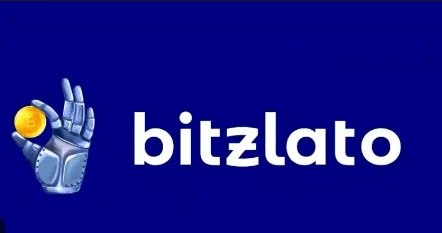The co-founder of Bitzlato, Anton Shkurenko, was held in Moscow on February 6 at Interpol’s request, according to local Russian media reports on Monday after which he has now been released.

However, according to a CoinDesk story from February 10th, Shkurenko was stopped and held by the neighborhood police for an identification check before being released immediately after speaking with them.
Shkurenko denied being engaged in any criminal proceedings in Russia while remaining mum on the specifics of the inquiry:
“I hope I convinced the prosecutor of my innocence.”
He claimed that he signed a contract promising to show up when and if investigators asked him to, but he could not explain which branch of law enforcement had him in custody. To avoid further arrests, Shkurenko was given a no-detention warrant.
Shkurenko claims that he is a “tech consultant” for Bitzlato at the time of his detention. The crypto wallet keys for the exchange, meanwhile, were purportedly in his possession; however, they have subsequently been given to other team members.
Despite recent crackdowns by international authorities, Bitzlato still has around 100 active workers. According to Shkurenko, a relaunch of the exchange with a basis in Russia may take place soon.
“I could launch the exchange from my apartment.“
The bulk of the monies from its consumers has reportedly been retained, according to the co-founder. Shkurenko said that business may “soon” return.
This follows a string of updates pertaining to Bitzlato’s operating status. Authorities in the US started action against the exchange on January 18 on the grounds of suspected money laundering and circumvention of Russian sanctions.
The exchange processed over $700 million in criminal payments, according to the U.S. Department of Justice.
Numerous well-known cryptocurrency firms have been criticized for their ties to Bitzlato as the inquiry into the exchange proceeds. One of them is Binance, which the US Financial Crimes Enforcement Network has identified as a significant recipient of Bitcoin from the exchange.
Another cryptocurrency network called LocalBitcoins, which was also connected to Bitzlato as a significant transmitter of BTC, went down on February 9.
In an enforcement action against Bitzlato, Europol claimed on January 23 that it had confiscated $19.5 million in cryptocurrency. Spanish police seized the CEO of the exchange a little more than a week later, on February 2.
